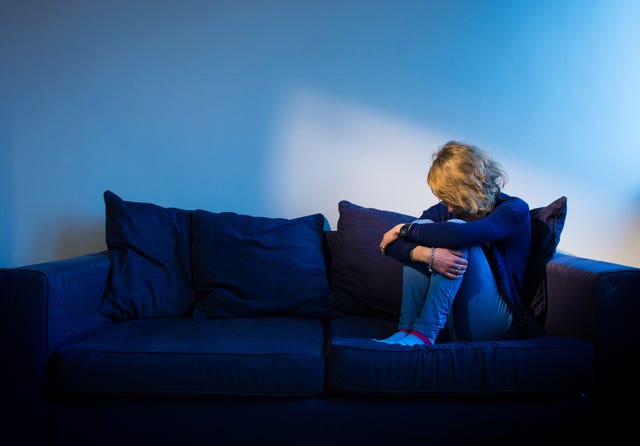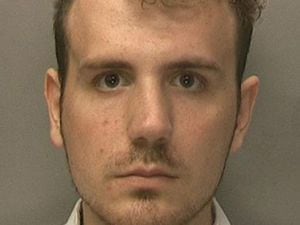Brain activity of depression patients ‘can determine CBT success’
It is not currently possible for doctors to tell in advance who will respond well to the treatment.

The brain activity of patients with depression could help doctors predict who will respond to cognitive behavioural therapy (CBT).
In a study led by the University of Glasgow, researchers found brain activity recorded using functional magnetic resonance imaging (fMRI) may help predict a person’s response to CBT in depression before any treatment begins.
It is not currently possible for doctors to tell in advance which patients are going to benefit from CBT, and they instead have to rely on a trial and error approach.
This can increase the strain on the health system and prevent some patients, for whom CBT does not work, from getting an alternative course of treatment in a timely manner.
More than 300 million people across the world are estimated to be affected by depression.
But not all patients benefit from CBT and instead need to seek other forms of treatment.
In their study, researchers recruited patients with depression who engaged with self-help CBT delivered via the internet – the first line of recommended treatment in the UK for mild to moderate depression.
They were then given a task to complete inside an MRI scanner while scientists observed their behaviour.

Dr Filippo Queirazza, lead author of the paper from the university’s Institute of Neuroscience and Psychology, said: “So far most fMRI studies that have looked for a brain signature of treatment response in depression have reported on average differences between responders and non-responders and then assumed that these differences generalise to each individual, but this may not be the case.
“In our study, we show that fMRI activity classifies CBT response at the individual level, with around 80% predictive power.”
Dr Marios Philiastides, senior author of the paper, said: “We explicitly model the mechanisms of treatment response to uncover brain activity that predicts CBT response.
“While this approach has the potential to enhance the predictive power of imaging biomarkers, it can also provide important insights into novel targets for drug development.”





